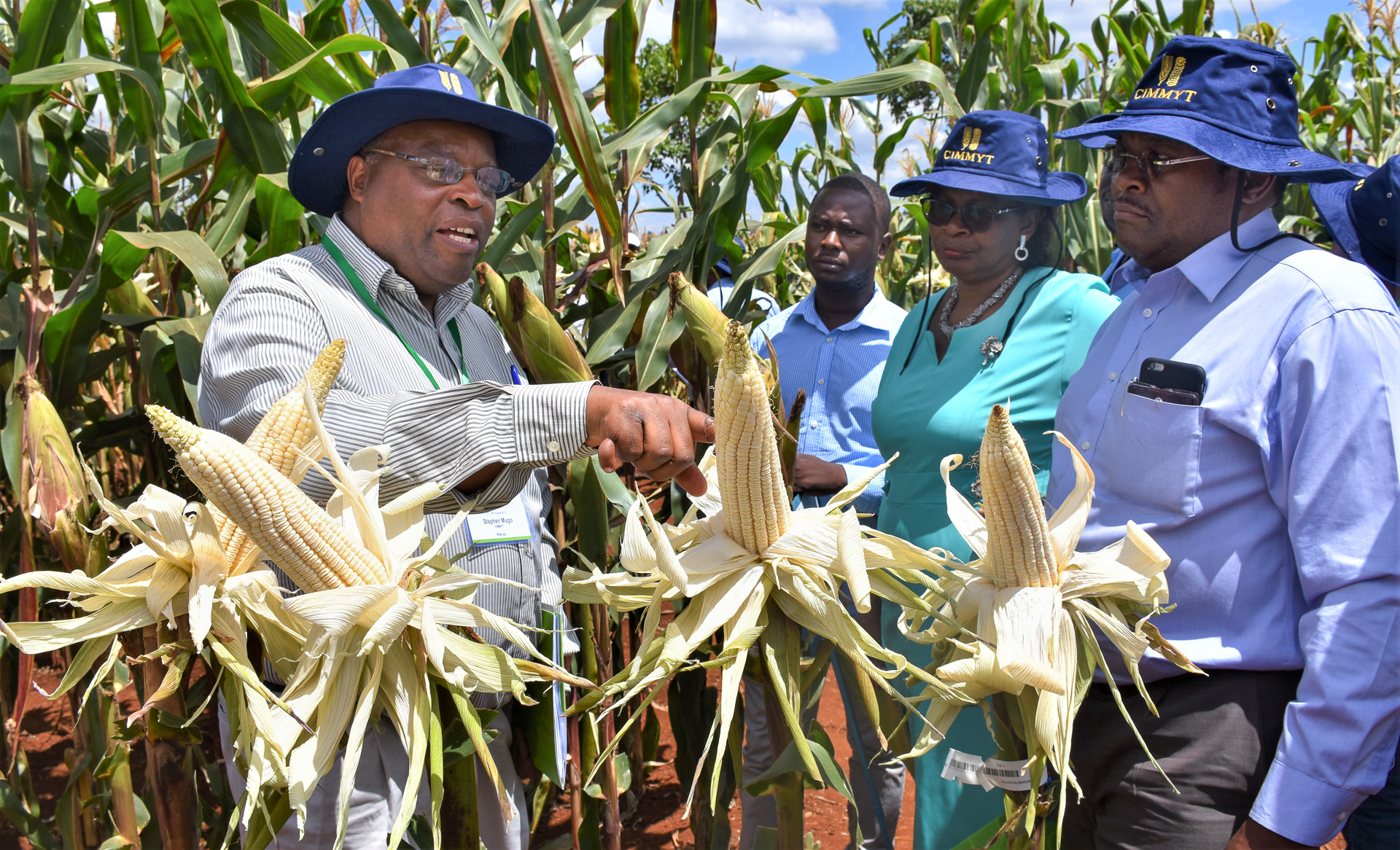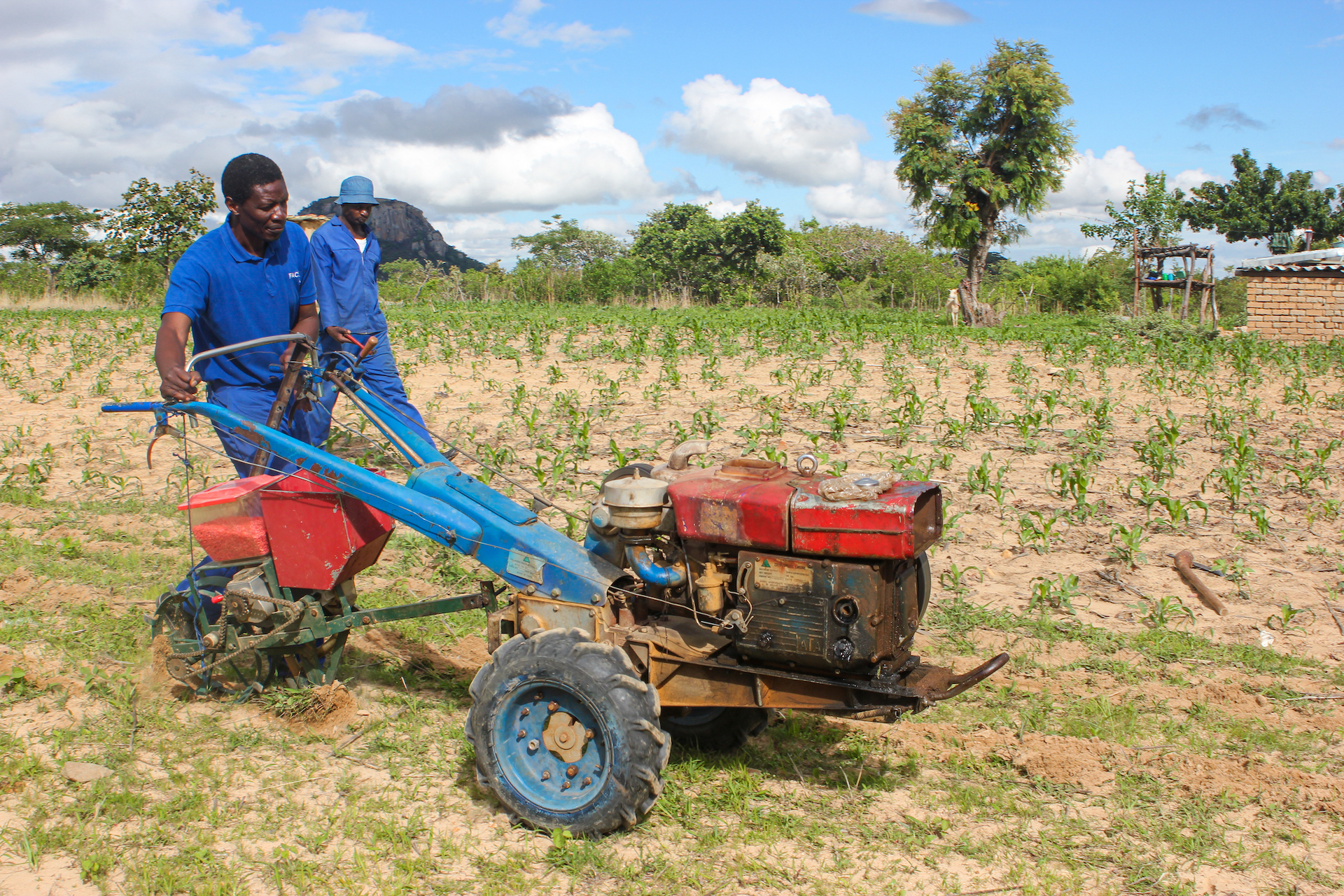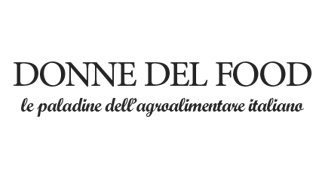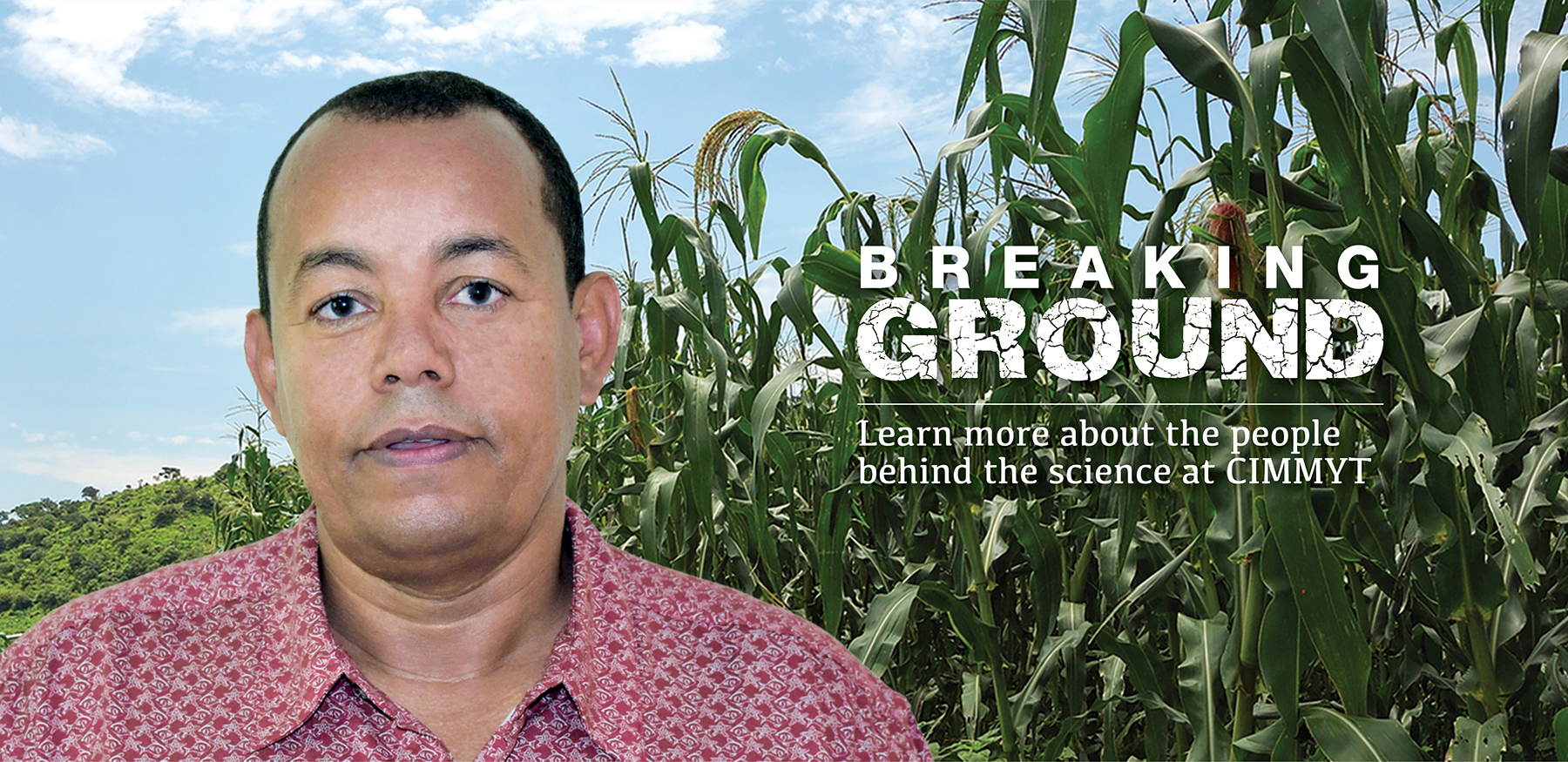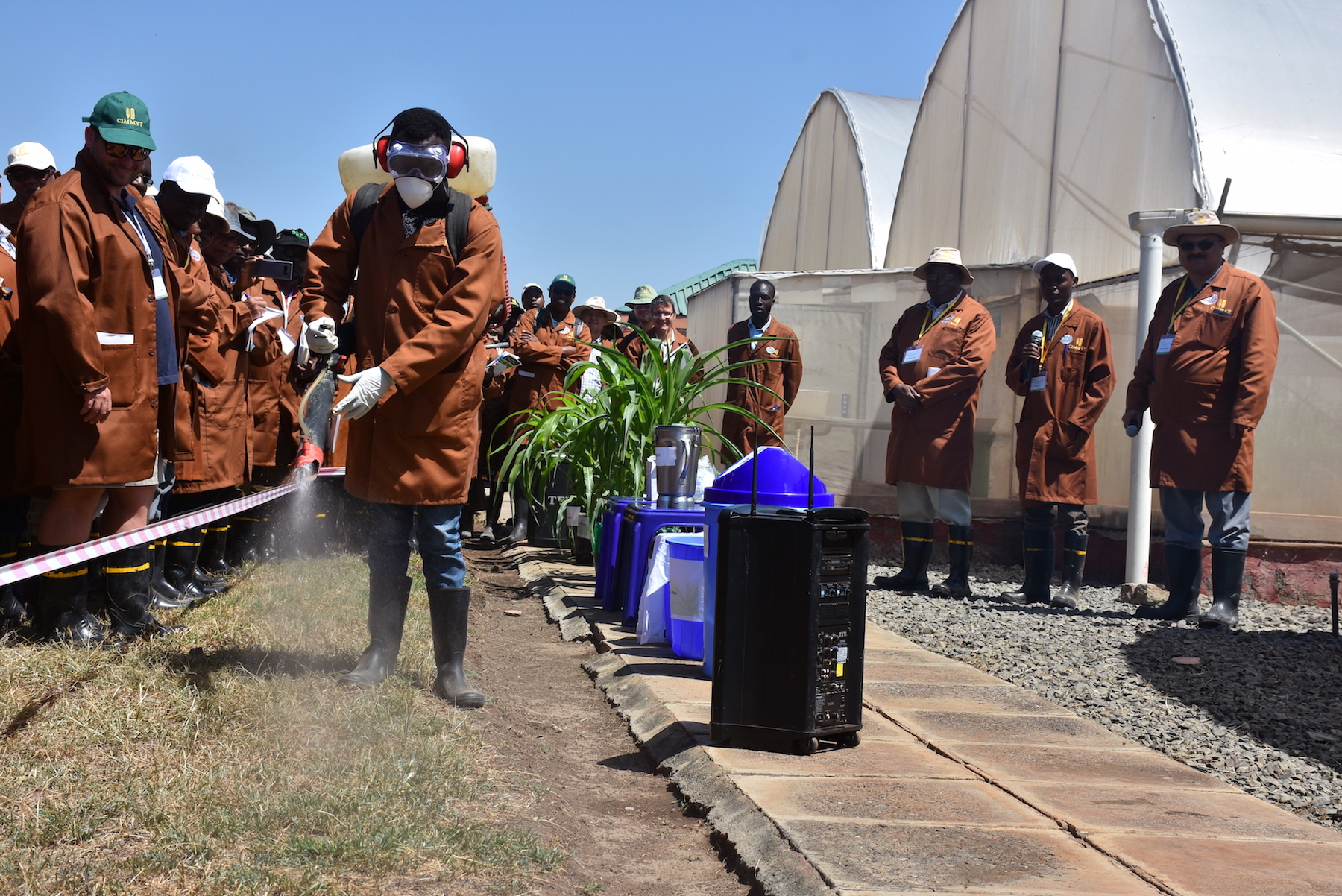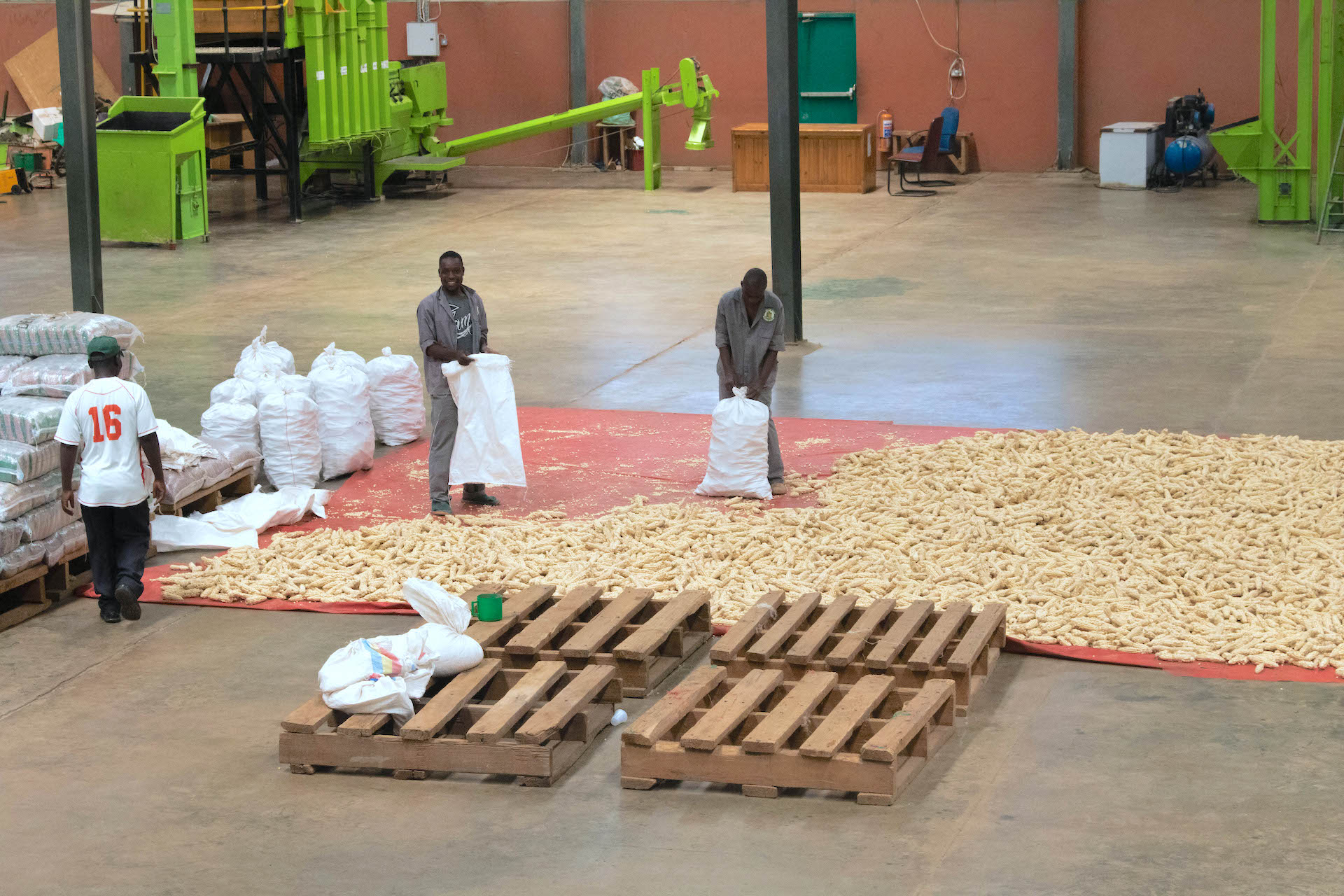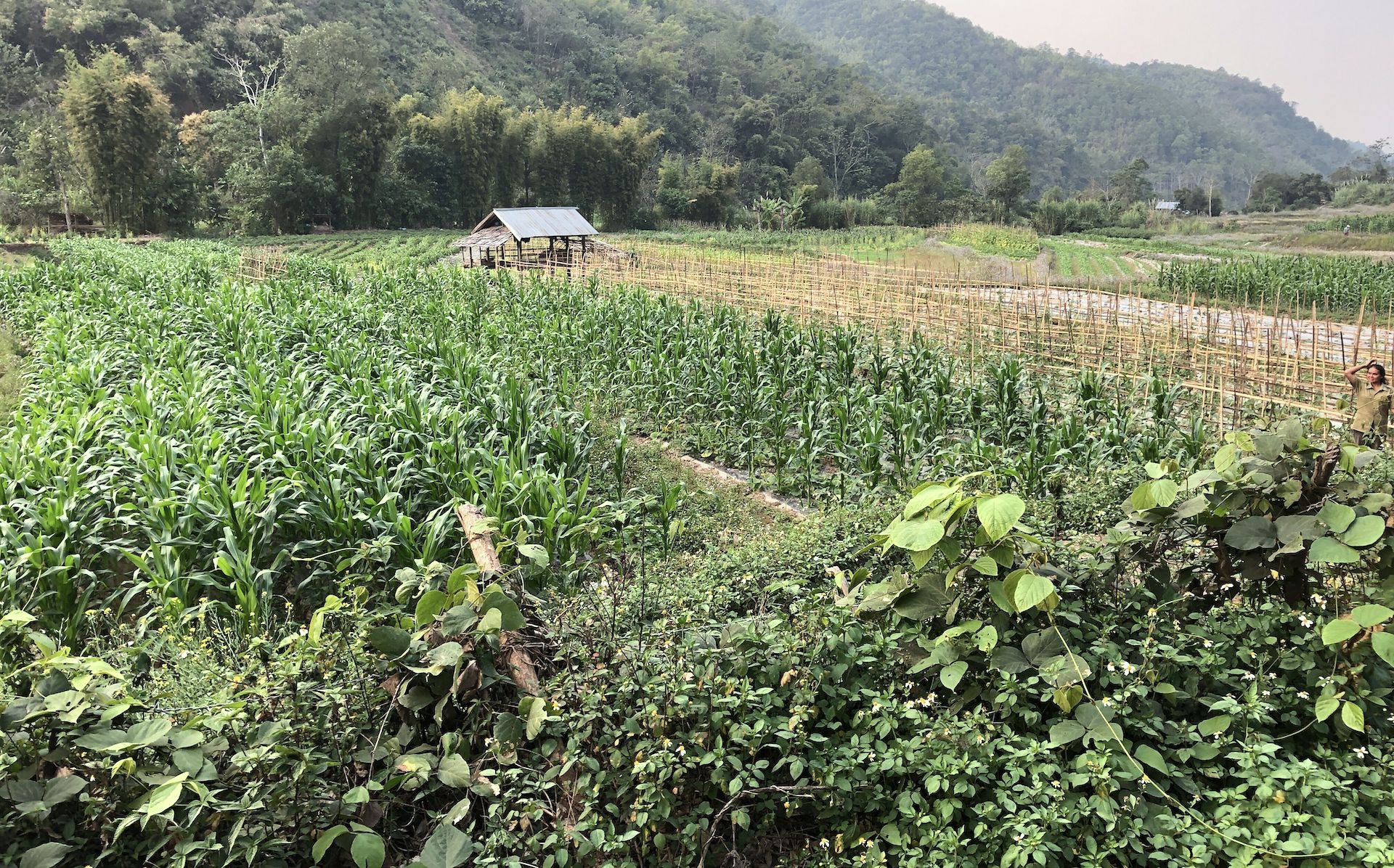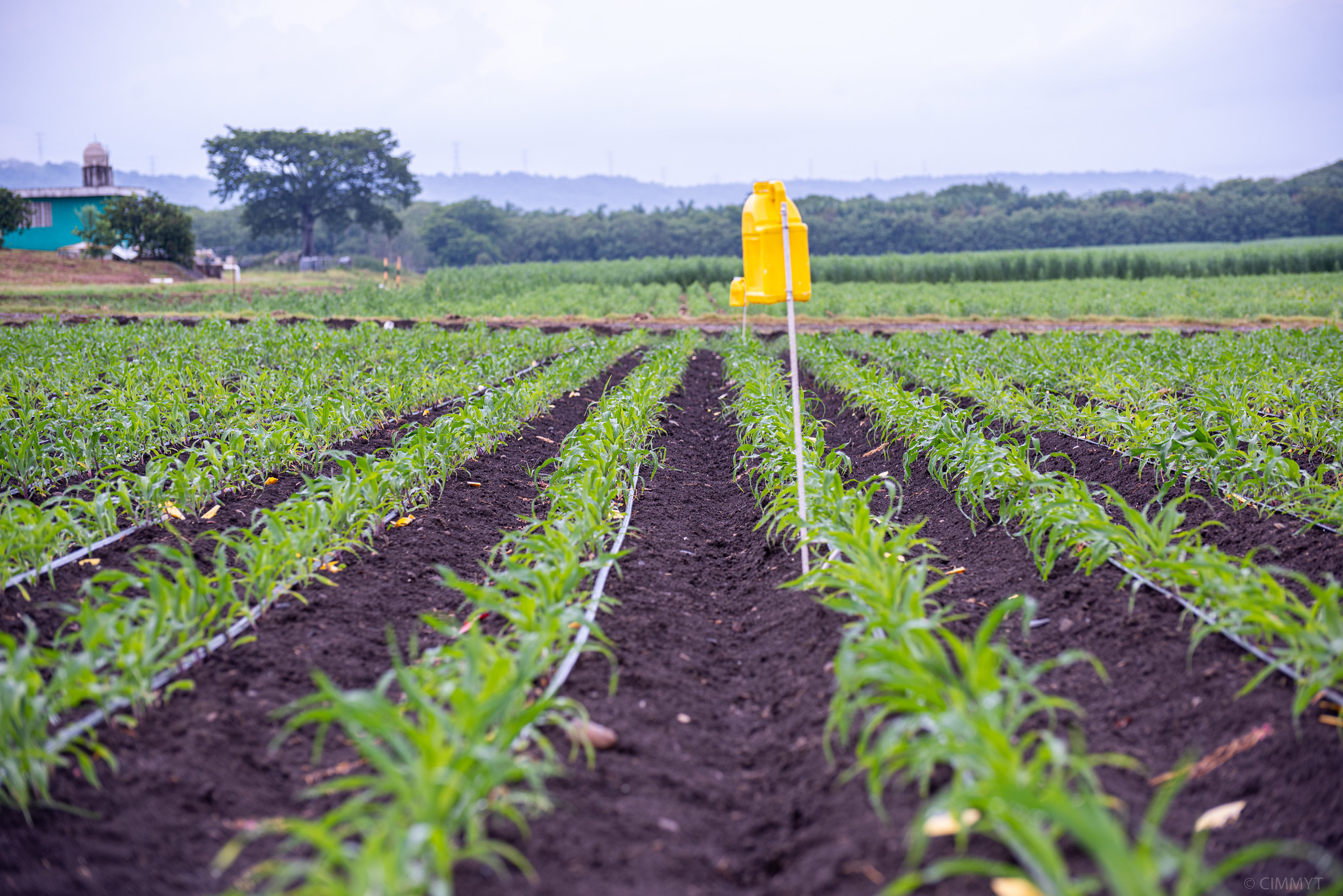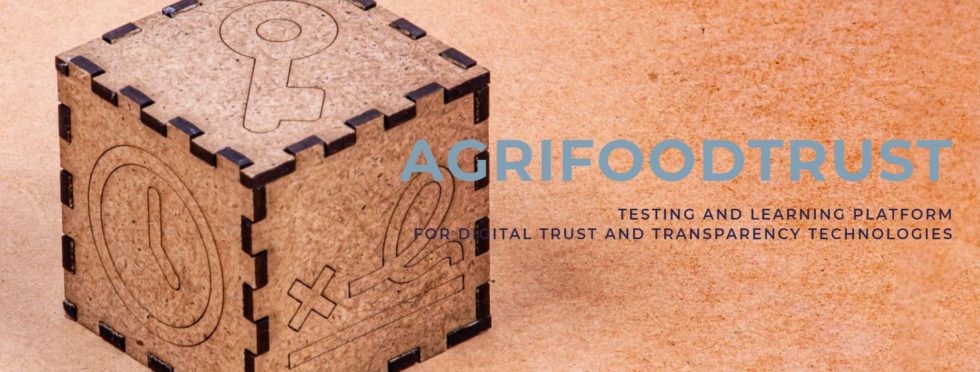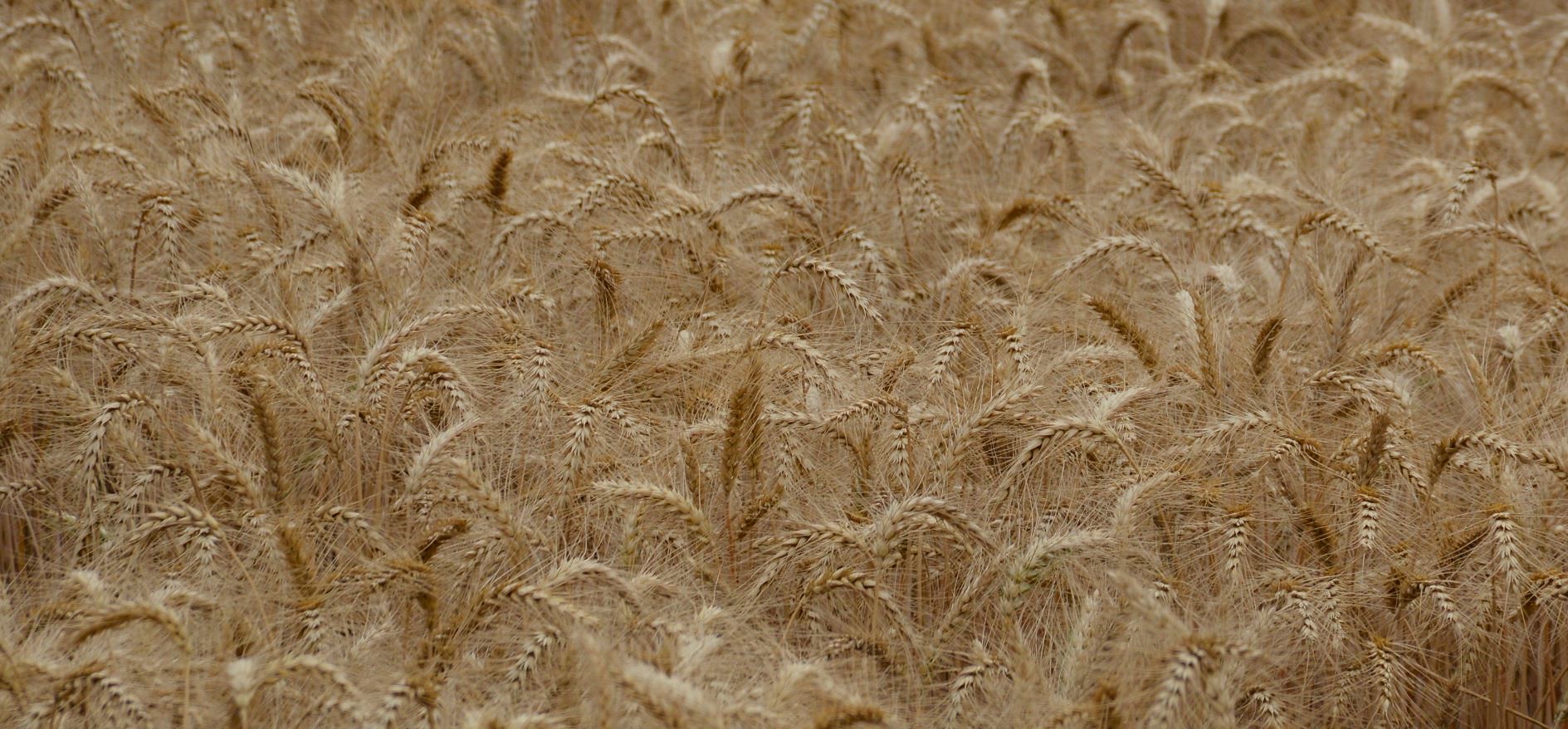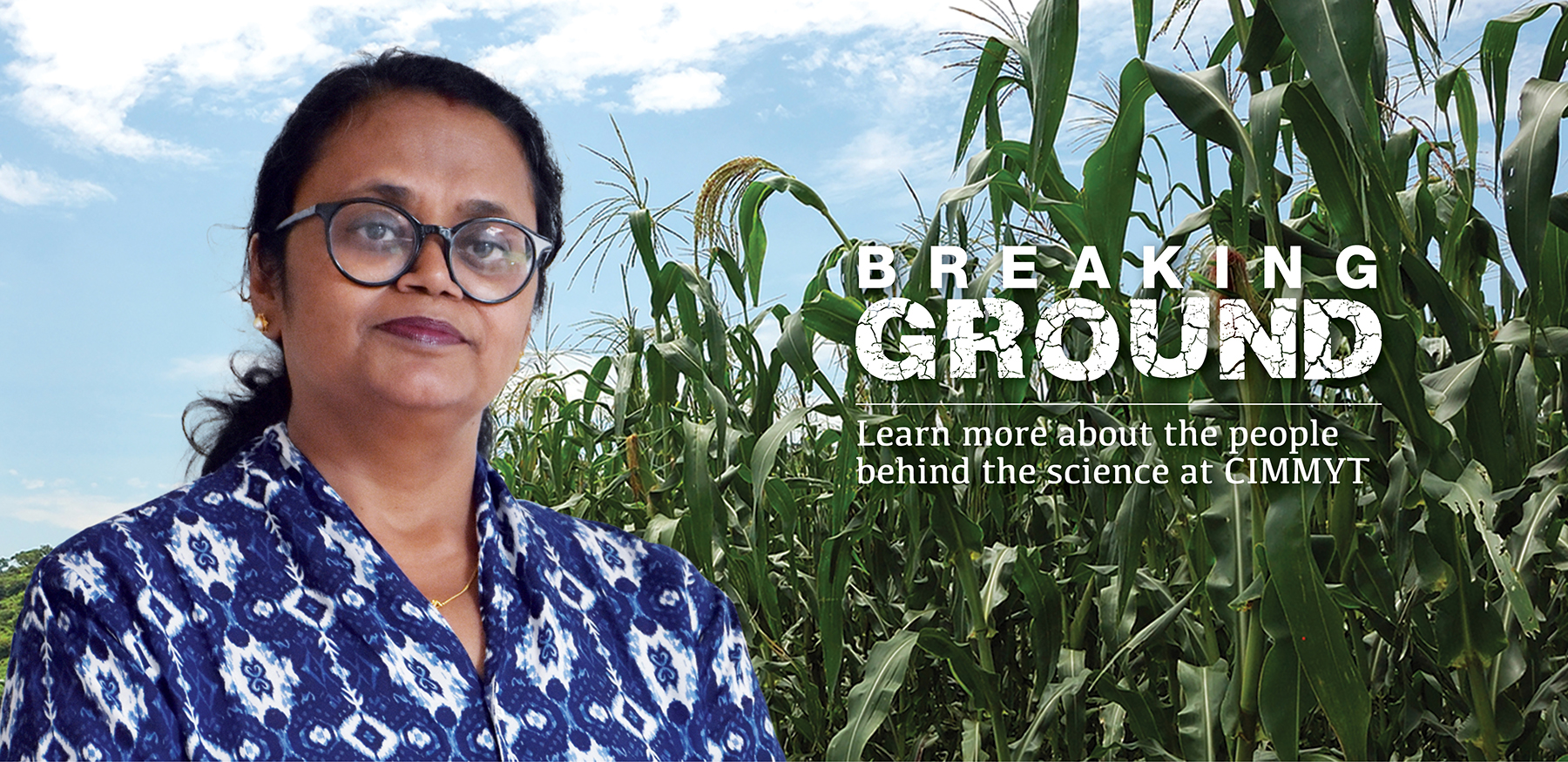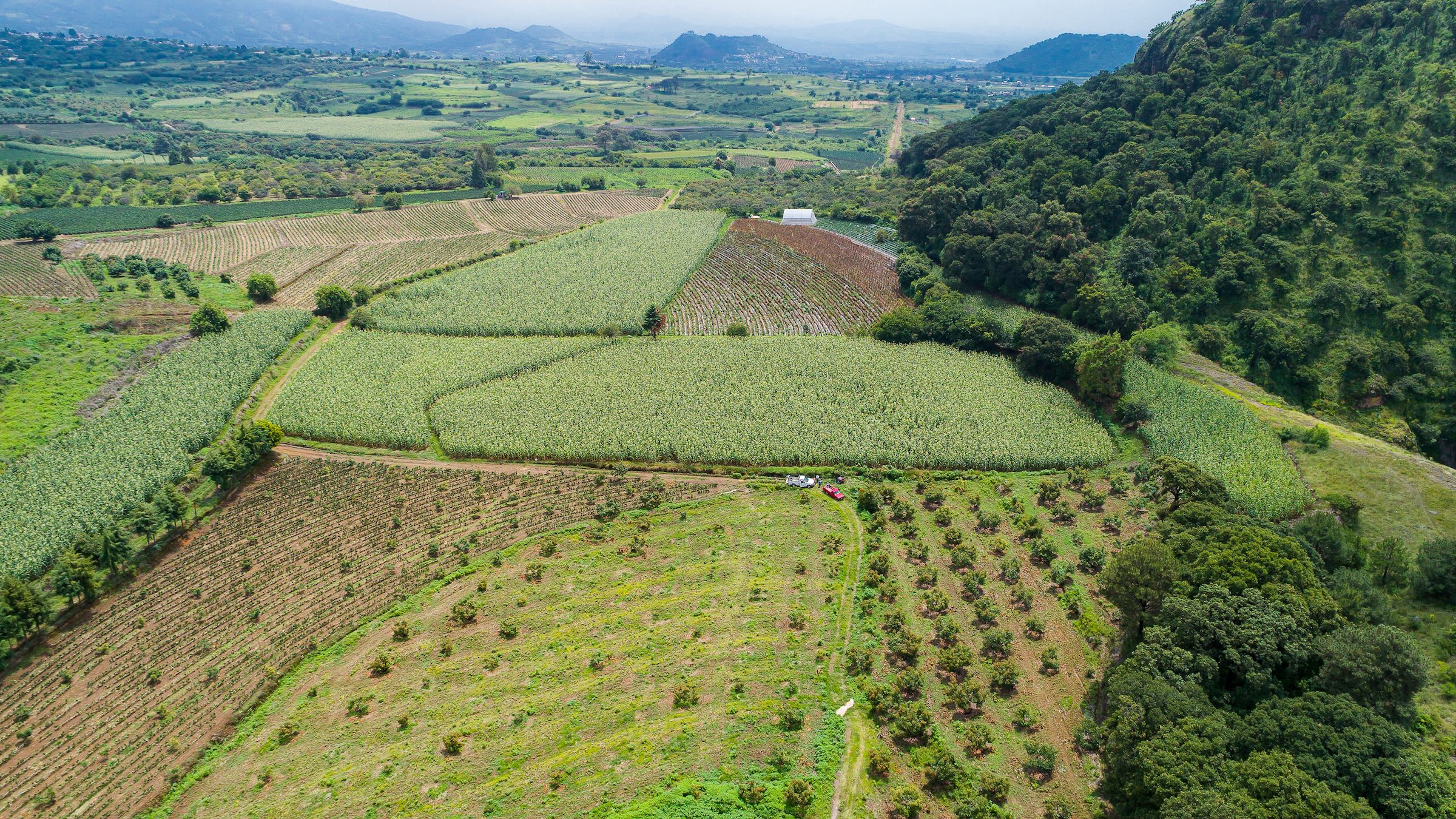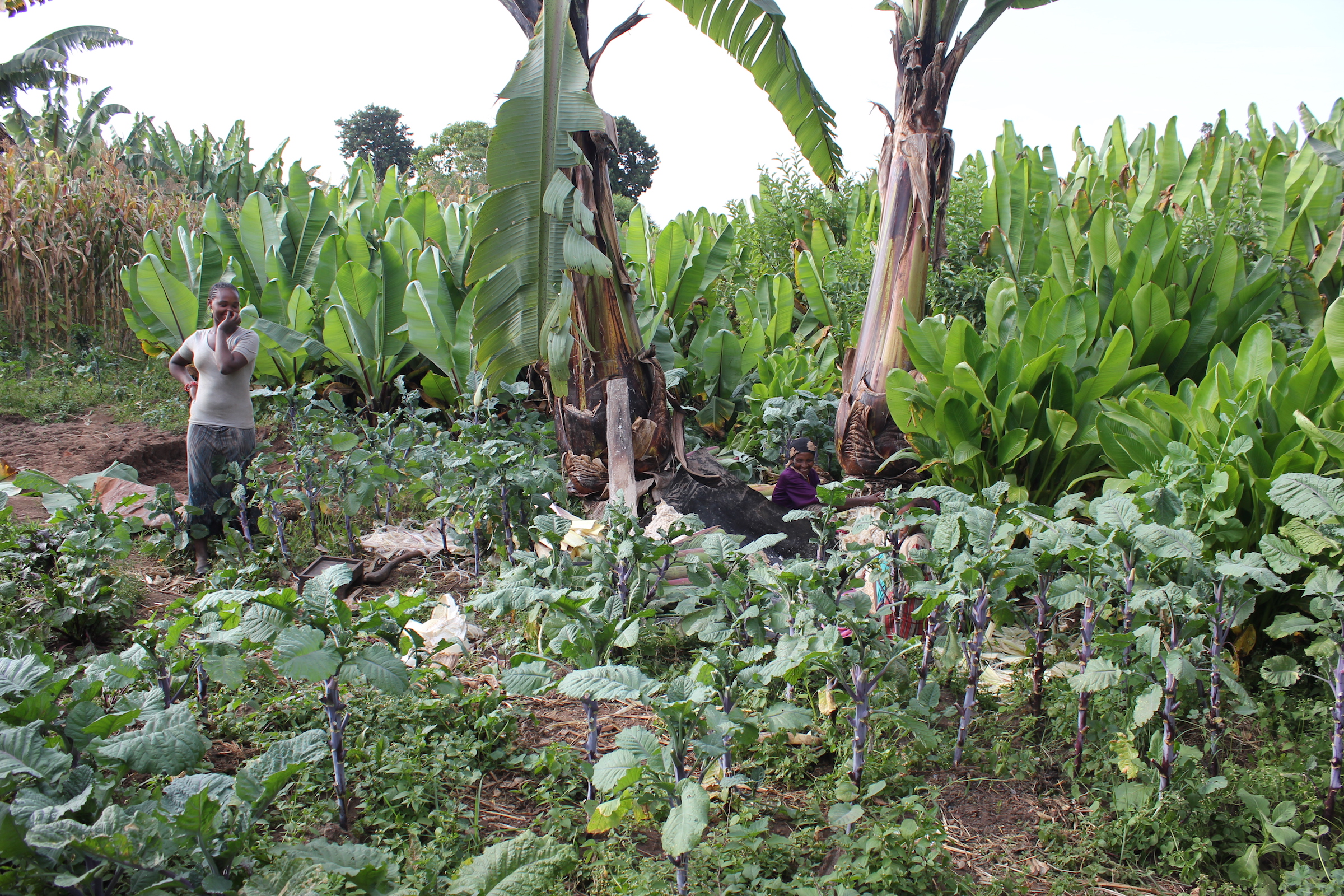CGIAR Research Program on Maize (MAIZE)
The CGIAR Research Program on Maize (MAIZE) is an international collaboration between more than 300 partners that seeks to mobilize global resources in maize research and development to achieve a greater strategic impact on maize-based farming systems in Africa, Latin America and South Asia.
Led by the International Maize and Wheat Improvement Center (CIMMYT), with the International Institute of Tropical Agriculture (IITA) as its main CGIAR partner, MAIZE focuses on increasing maize production for the 900 million poor consumers for whom maize is a staple food in Africa, Latin America and South Asia. MAIZE’s overarching goal is to double maize productivity and increase incomes and livelihood opportunities from sustainable maize-based farming systems.
MAIZE receives funding support from CGIAR Trust Fund contributors.
MAIZE Flagship Projects (FPs) and Cluster of Activities
FP1: Enhancing MAIZE’s R4D strategy for impact
• Foresight and targeting of R4D strategies
• Learning from M&E, adoption and impacts
• Enhancing gender and social inclusiveness
• Value chain analysis
FP2: Novel diversity and tools for improving genetic gains
• Informatics, database management and decision support tools
• Development of enabling tools for germplasm improvement
• Unlocking genetic diversity through trait exploration and gene discovery
• Pre-breeding: development of germplasm resources
FP3: Stress-tolerant and nutritious maize
• Climate resilient maize with abiotic and biotic stress tolerance
• Tackling emerging trans-boundary disease/pest challenges
• Nutritional quality and end-use traits in elite genetic backgrounds
• Precision phenotyping and mechanization of breeding operations
• Seed production research and recommendations
• Stronger maize seed systems
FP4: Sustainable intensification of maize-based systems
• Multi-scale farming system framework to better integrate and enhance adoption of sustainable intensification options
• Participatory adoption and integration of technological components
• Development and field-testing of crop management technologies
• Partnership and collaborations models for scaling
Two decades of illustrious service
 Capacity development
Capacity development
Stephen Mugo retires from CIMMYT after more than twenty years of commitment and scientific contributions.
Farm mechanization under COVID-19
 Innovations
Innovations
As the current pandemic and restrictions create labor constraints, CIMMYT experts discuss the role scale-appropriate farm machinery can play in addressing them.
Fight against viruses, also in defense of maize and our food
 Environmental health and biodiversity
Environmental health and biodiversity
Source: Donne del Food (31 May 2020)
B.M. Prasanna, director of CIMMYT’s Global Maize Program and the CGIAR Research Program on Maize, discusses the viral disease maize lethal necrosis.
Breaking Ground: Yoseph Beyene breeds desirable maize varieties for smallholder farmers in sub-Saharan Africa
 Innovations
Innovations
CIMMYT breeder applies new tools and technologies to accelerate genetic gains, make breeding more efficient, and keep up with the changing dynamics of biotic and abiotic stresses.
Battling devastating viral diseases, also in plants
 Nutrition, health and food security
Nutrition, health and food security
Maize lethal necrosis has taught us that intensive efforts to keep human and plant diseases at bay need to continue beyond the COVID-19 crisis.
This little seed went to market
 Capacity development
Capacity development
Seed companies in Malawi share how they chose their flagship varieties and got them onto the commercial market.
Fall armyworm survey marks CIMMYT’s first research project in Laos
 Nutrition, health and food security
Nutrition, health and food security
Hot on the trail of fall armyworm, CIMMYT builds local research partnerships in Southeast Asia.
Launching the AgriFoodTrust platform
 Innovations
Innovations
New testing and learning platform aims to build the knowledge base for trust and transparency technologies in food systems.
CIMMYT and Pakistan: 60 years of collaboration
 Nutrition, health and food security
Nutrition, health and food security
New fact sheet captures the impact of six decades of maize and wheat research in Pakistan.
Breaking Ground: Aparna Das leads efficient and demand-driven maize research
 Nutrition, health and food security
Nutrition, health and food security
Technical coordination between research and development partners is key to breed maize varieties that respond to the diverse needs of small farmers.
Bringing landraces back home, 50 years later
 Nutrition, health and food security
Nutrition, health and food security
Half a century earlier, scientists collected and preserved samples of maize landraces in Morelos, Mexico. Now, descendants of those farmers were able to get back their ancestral maize seeds and, with them, a piece of their family history.
‘Sharing’ or ‘sparing’ land?
 Environmental health and biodiversity
Environmental health and biodiversity
How can we feed more people while protecting nature and biodiversity?
